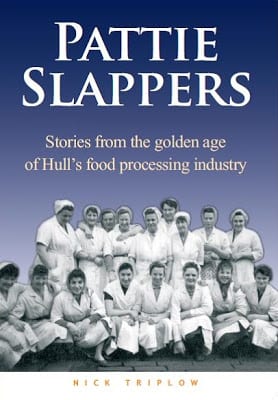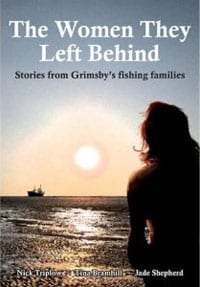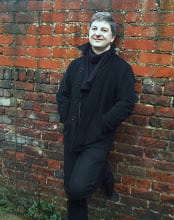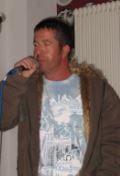From the Guardian online Poetry section http://www.guardian.co.uk/books/2013/may/22/plagiarism-scandal-poetry 22nd May 2013, comes this sad story.
“Publishers and magazines have been working to take down poems and suspend sales of collections by David R Morgan after the American poet Charles O Hartman realised Morgan’s poem “Dead Wife Singing” was almost identical to his own, three-decades-old “A Little Song”.
As easy as ‘copy and paste’ makes it to steal the words of another, the instant and international speed of digital denouncement should be have been a stronger deterrent. David R Morgan’s career as a poet is probably over and the repercussions will seriously damage his professional life as a writer. As one star falls so another rises. Helen Ivory, a poet and editor at Ink Sweat and Tears has written some moving words in the Guardian piece including these:
“Poetry is not just words on a page, it is an outward manifestation of, and search for, self and how we feel about the world and everything in it.”
On the basis of this statement alone I will be looking out for more of her work. Here is a link to her web page for starters http://www.helenivory.co.uk/poems/




 Last Saturday I attended a creative writing day school with Joe Hakim
Last Saturday I attended a creative writing day school with Joe Hakim 